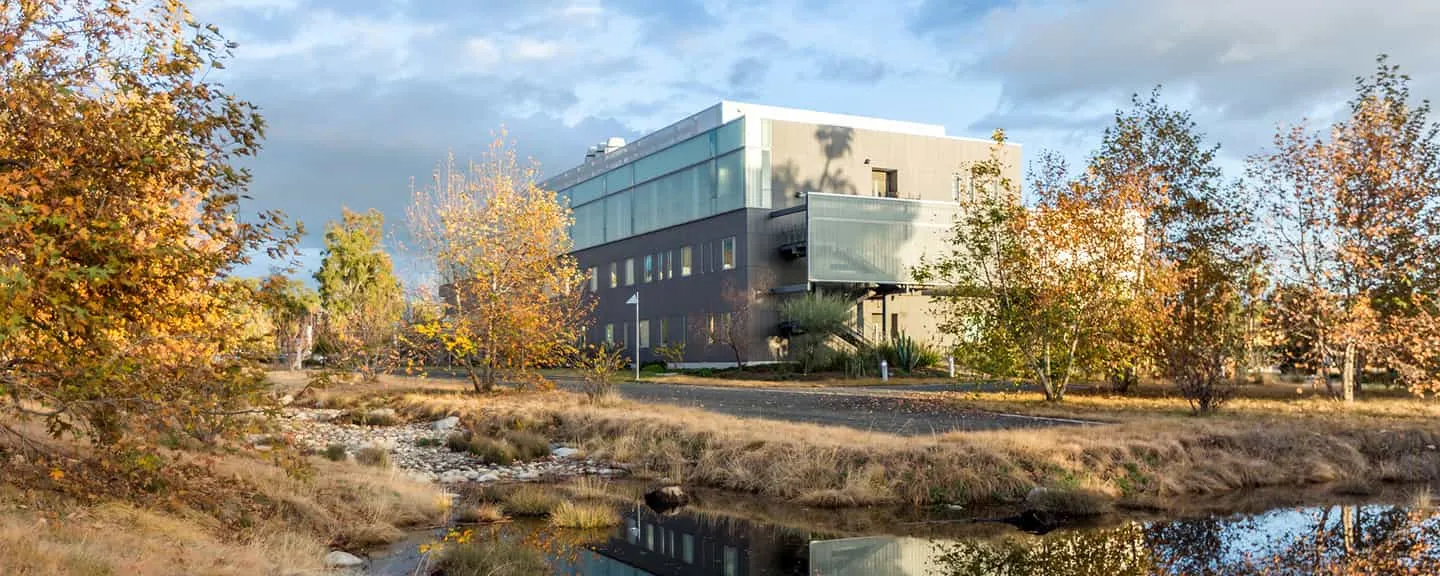- Home
- >
- APU Articles
- >
- News Article
Environmental Impact: How You Can Help
April 21, 2020 | Written By Tobin Perry

“We depend on our planet for survival,” said Toney Snyder, the director of environmental stewardship at APU. “Caring poorly for creation will end up making human life more difficult, particularly for the most vulnerable among us. In many ways, choosing sustainable practices is an act of love for our neighbors.”
Snyder is part of the university’s Creation Care Council, a team of students, faculty, and staff at APU that come together to honor God through environmental stewardship. The council focuses on developing educational programs that promote conservation, recycling, and sustainability as well as providing efficient utility systems.
“Part of preparing our students to be difference makers is to educate them in sustainability practices that will benefit them and the communities they serve when they leave APU,” Snyder said.
The Creation Care Council’s Impact
During the last several years, the Creation Care Council has worked with other university organizations to spearhead a number of initiatives to help lessen the university’s environmental impact on campus.
For example, the council performed a self-evaluation of APU in 2016 using the STARS (Sustainability, Tracking, Assessment, and Rating System) evaluation tool. After the assessment, the council discovered one area where the school came up short was that it didn’t have a major or a minor in environmental studies. Since then, council member Louise Huang, PhD, has begun work on creating a minor in environmental studies that should be ready for students to take part in soon.
In 2019, the university opened up a community garden on the East Campus. Volunteers harvest the produce grown in the garden and distribute the food through APU’s food bank. Additionally, the Creation Care Council has begun the process of calculating APU’s carbon footprint.
One of the council’s student members, Nathan Nunez, has become a community advocate for sustainability in Azusa. He created his own nonprofit organization, Canyon City Environmental Project, which has partnered with the mayor to organize clean-up activities multiple times a year. APU students can sign up for these events and earn service hours for participating.
How to Reduce Your Environmental Footprint
You can support what the Creation Care Council is doing to decrease the university’s environmental impact. Every little bit makes a difference!
Here are five ways Snyder suggested students and community members can help in their everyday lives:
- Take shorter showers. The average American uses 17.2 gallons of water per shower, according to Home Water Works. Spending less time in the shower can save a lot of this precious natural resource.
- Turn the lights off. You’ll help the environment (and save some money on the utility bill) by reducing your electricity usage.
- Recycle white paper. If it doesn’t have to go in the trash, don’t put it there. You can find recycling stations throughout the campus.
- Do only full loads of dishes and laundry. Washing dishes and clothes uses a lot of water and electricity. Think of all the dish soap and laundry detergent you’ll also save by waiting until you have a full load to clean.
- Close blinds to reflect heat and stay cool. Giving your air conditioner a break will give your wallet a break, too. Unless the temperatures are really soaring, simply closing your blinds can help you stay comfortable.
If you’re an APU student looking for additional ways to make an impact, you can also join the Creation Care Council. For more information, contact Toney Snyder at [email protected]..
Want to discover more about what APU is doing to be good stewards of the earth? Learn more about its environmental stewardship efforts.